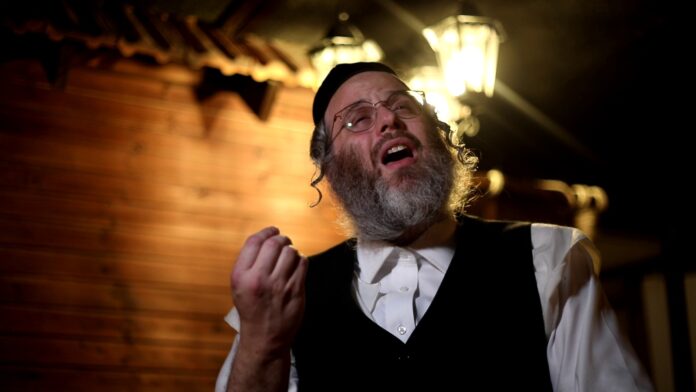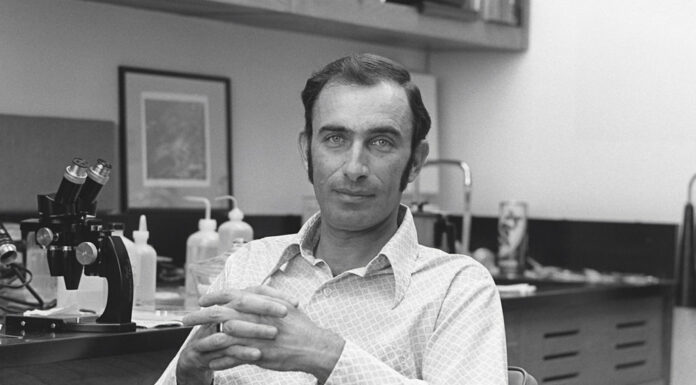Dudi Kalish, 44, who lives with his family in Bnei Brak, is a highly gifted singer, composer, conductor and producer of original music. It is probably due to the breadth and sophistication of his talents, many of which are limited to behind-the-scenes applications, that he is not better known.
In this first formal interview, Dudi, an ardent Belzer chasid, not only discusses his musical interests but also opens up about the fascinating trajectory of his life.
***
You have so many diverse musical talents and such a vast knowledge of music and musicology that I don’t know where to begin or even try to define what makes you unique.
Someone once pointed out that I’m a “kol-bo,” all-encompassing, because I sing, compose, conduct, perform and act. The Belzer Rav said that people should learn how to listen to music from me. Not everyone knows how, so perhaps that is my primary mission.
Is listening important?
It is very important. Shlomo Hamelech said, “Lakol zman v’eis l’chol cheifetz tachas hashamayim—Everything has an appointed season, and there is a time for every matter under heaven.” And yet, for each of the examples listed in Koheles there is a middle path. What is the middas hamemutza between the time to be silent and the time to speak? The time to listen. This is something that is particularly important when it comes to music. My ultimate dream is to open a frum music school.
So your dream is to give rather than to receive.
Baruch Hashem, I’ve studied under the greatest teachers. I’ve also learned from experience that the more you pass on the chochmah that Hakadosh Baruch Hu gives you, the more you will receive. L’havdil, have you ever heard a talmid chacham say, “Hey! I’m a talmid chacham. Don’t bother me”? The talmid chacham actually wants to share his knowledge and teach you Torah, because it leads him to greater heights in his own learning.
It seems that the Belzer Rav has had a very powerful influence not only on your hashkafos but also on your career.
Yes. The Rav has always gone out of his way to give me chizzuk and encouragement. He once asked me how I compose niggunim; do I draw them directly out of my heart?
Fifty years ago, the Belzer Rav saw how important music was to keep this generation strong, and over the years he turned to Rabbi Yirmiya Damen and Rabbi Yosef Tzvi Breier to produce music that was professional. At the time, people couldn’t understand it. “Why produce music? People need to sit and learn Torah; they have to be serious.” But the Rav said, “I know that in 50 years our children will want to hear music, and they will want the embrace of the old, authentic niggunim.” Everything that we did years ago is still popular today; all of today’s hits are from yesteryear. The youth of today are still singing Yankel Talmud’s niggunim. The Belzer Rav saw that this would happen, and that’s why he would always ask if I had a new niggun or something interesting. In hindsight, I can see that the Rav was thinking far beyond this generation; he was thinking about the next 1,000 years. I have plans to open a serious studio in Israel so people can carry this idea forward.
The Belzer Rav really understands niggunim.
He appreciates them very much. Whenever I go to him, he asks if I’ve brought him a nice niggun.
And do you start singing right away?
I do. I have yiras hakavod, but I sing because I know he really enjoys it.
How long does that usually go on for?
It can go on for an hour. I wrote a song called “Zug Shoin Ven.” People told me that I shouldn’t sing it for the Belzer Rav because he doesn’t like Yiddish lyrics, but when he asked me if I had a niggun and I sang it, he wanted to hear it ten times in a row.
Was this with musical accompaniment?





















